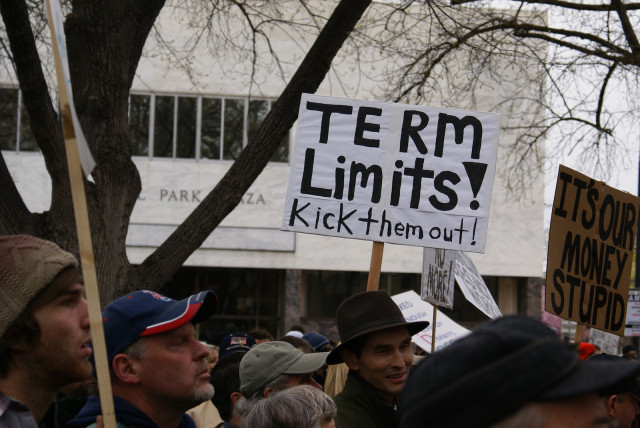Rubio: IRS targeting of Conservative groups is reprehensible, must be investigated
Washington, D.C. – U.S. Senator Marco Rubio (R-FL) issued the following statement regarding today’s admission by the Internal Revenue Service (IRS) that it has deliberately targeted conservative groups:
“The IRS’s political targeting of select groups based on their political leanings is reprehensible, and it should trouble every American to know that a federal government agency could abuse its power so outrageously. We need immediate congressional hearings to investigate these actions and determine who needs to be held accountable. This is deplorable behavior by the IRS that threatens the very essence of our democracy and the First Amendment rights under our Constitution.”
One of 300 letters sent from the IRS was to the Waco Tea Party.
The IRS letter states, “We need more information before we can complete our consideration of your application for. exemption. Please provide the information requested on the enclosed Information Request by the response due date shown above. Your response must be signed by an authorized person or an officer whose name is listed on your application. Also, the information you submit should be accompanied by the following declaration: Under penalties of perjury, I declare that I have examined this information, including accompanying documents, and, to the best of my knowledge and belief, tile information contains all the relevant facts relating to the request for the information, and such facts are true, correct, and complete.” The Information Request demands in part the following:
1. Please provide copies of your current web pages, including your blog posts. Please provide copies of all of your newsletters, bulletins, flyers, newsletters or any other media or literature you have disseminated to your members or others. Please provide copies of stories and articles that have been published about you.
2. Provide copies of the pages of your social networking sites.
10. List the community events, including rallies, you organized or took part in in the past, or plan to organize or participate in during the current election cycle. What are the dates on which they took place or will take place?
a. Describe the purpose of the event, and the issues that it addressed.
b. Provide copies of any materials disseminated to participants in the event.
c. If you permitted a candidate qua candidate to address the participants in any event, explain in detail.
20. Apart from your responses to the preceding,estimate the percentage of your time and what percentage of your resources you will devote to activities in the 2012 election cycle,in which you will explicitly or implicitly support or oppose a candidate, candidates or slates of candidates,for public office.
The IRS letter concludes with:
If we don’t hear from you by the response due date shown above,we will assume you no longer want us to consider your application for exemption and will close your case. As a result,the Internal Revenue Service will treat you as a taxable entity. If we receive the information after the response due date, we may ask you to send us a new application.
From the letter it appears that the IRS was seeking information beyond its role and responsibility.



 American’s for Prosperity – Florida
American’s for Prosperity – Florida